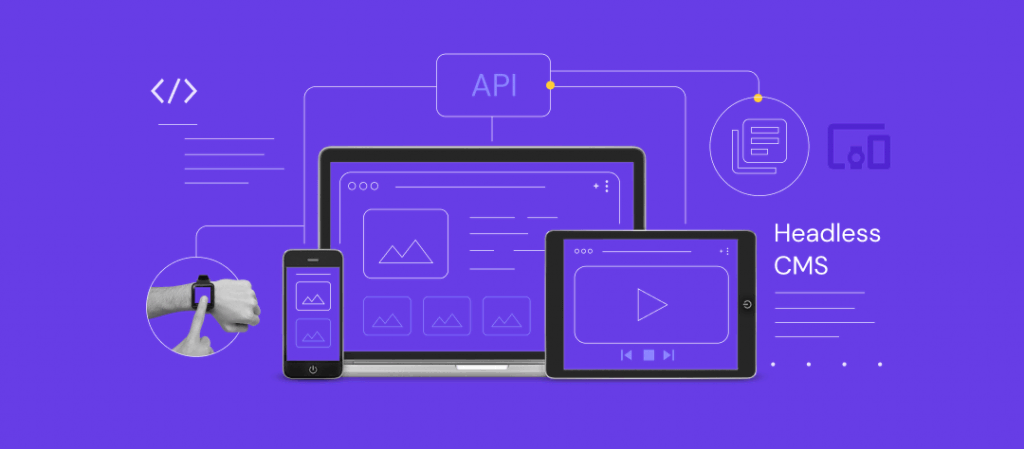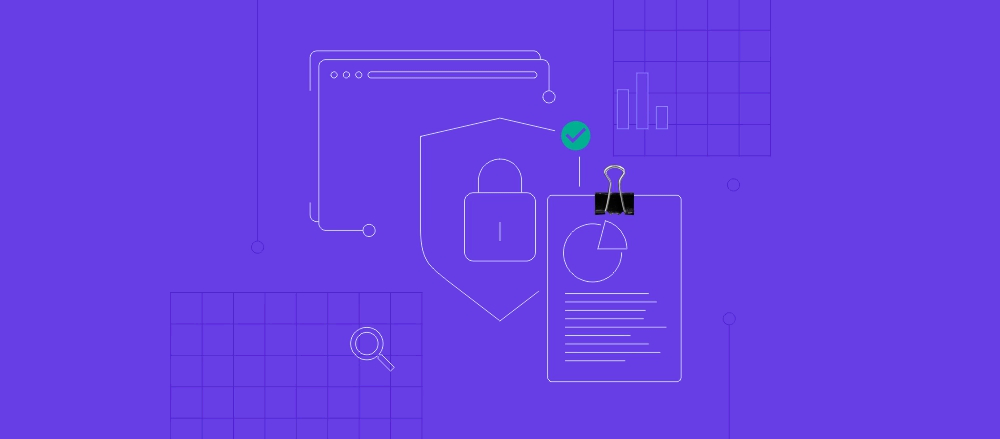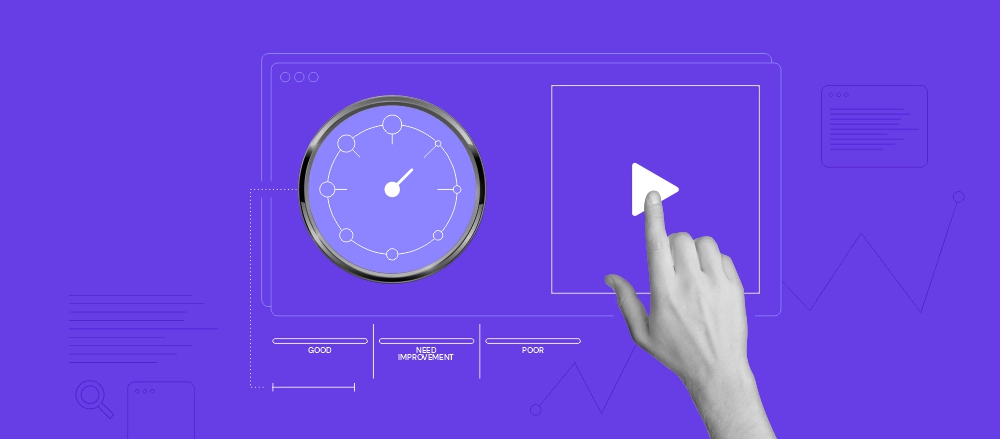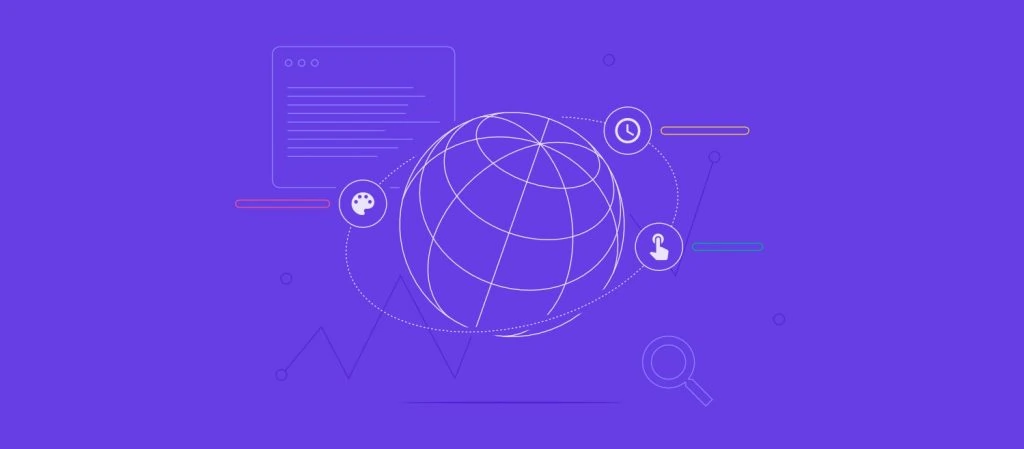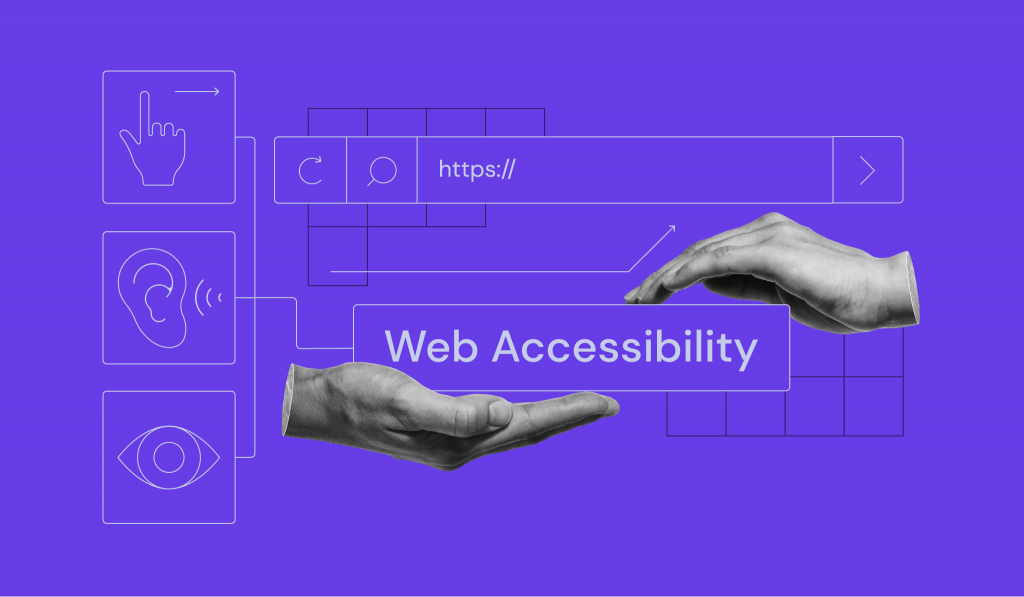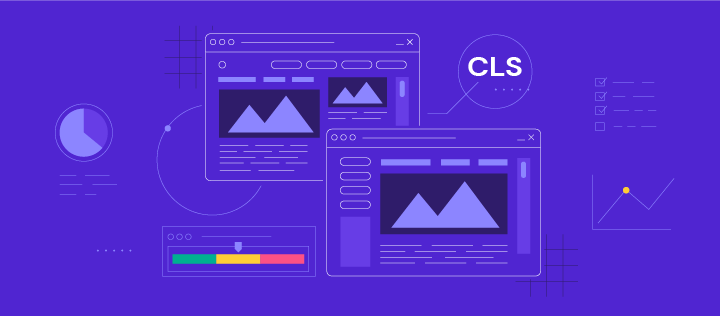What Does .io Mean: When to Use It, Pros and Cons, and More
Finding the right name and top-level domain (TLD) is essential when creating a website. However, the process may seem daunting since there are over...
FQDN (Fully Qualified Domain Name): What It Is, Examples, and More
A fully qualified domain name (FQDN) is a complete address that specifies its exact location in the internet’s domain name system. It includes...
What Is a Headless CMS, and How Is It Different From Traditional CMS?
Headless CMS is an innovative content management system designed for modern sites. Unlike a traditional CMS, it separates the content infrastructure...
Website Security Audit: How to Protect Your Site From Security Breaches
The increasing number of cyber attacks makes a lot of website owners worry. Malware, DDoS, ransomware, and cross-site scripting are only a few...
What Is First Input Delay and How to Improve It
The First Input Delay (FID), also known as input latency, calculates a website’s response time from the first user interaction to the browser’s...
Cache Miss – What It Is and How to Reduce It
While caching is one of the most vital mechanisms for improving site performance, frequent cache misses will increase data access time, resulting in a...
What are Core Web Vitals and how to measure them
Google uses Core Web Vitals to measure web page loading speed, interactivity, and visual stability. Among other factors like mobile friendliness and...
The ultimate guide to web accessibility in 2024
Web accessibility refers to making your website accessible to everyone, including people with disabilities. Following the web accessibility standards...
Cumulative Layout Shift (CLS): What It Is and How to Improve It
Cumulative Layout Shift (CLS) is a metric that evaluates site experience by measuring how much your site’s pages shift unexpectedly. Even though...

